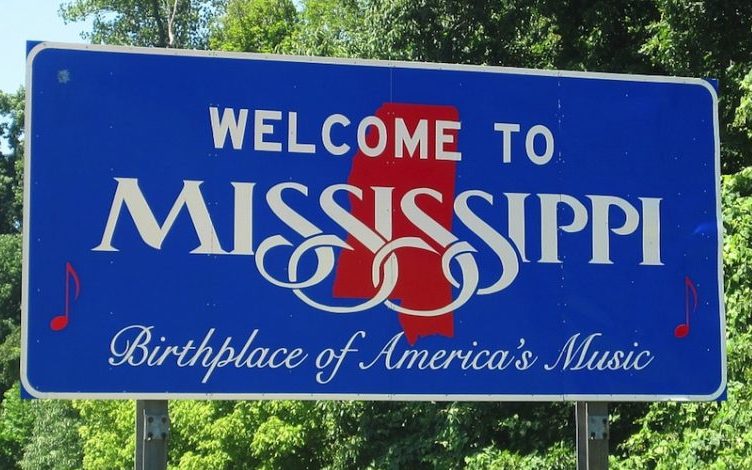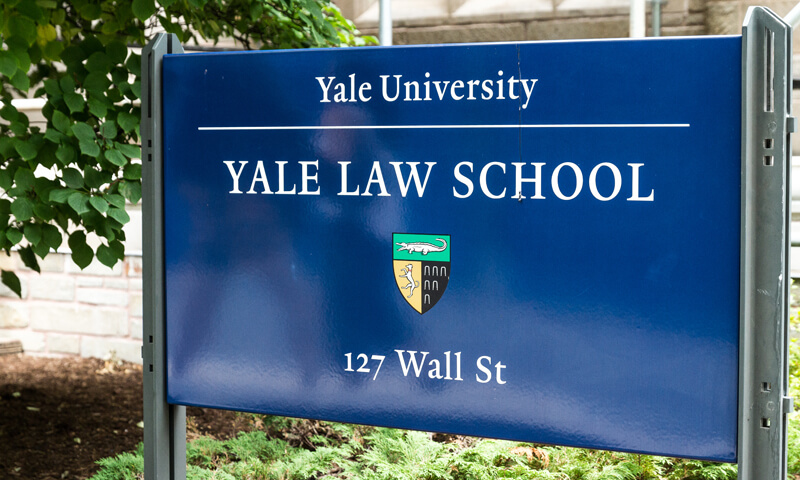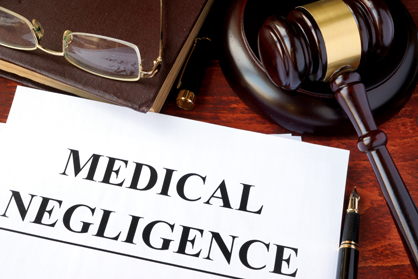
Photo courtesy of Fortune.
Summary: The Supreme Court said it will not hear a Mississippi religious liberty case that could affect LGBT individuals and unmarried women.
The Supreme Court has decided that it will not hear a Mississippi gay-rights case. The legal battle in question concerns a law that allows government workers and private people to cite religious beliefs as a reason to deny services to the LGBT community.
With the justices’ refusal, the case will stay at the federal appeals court level, according to ABC News. That court’s three-judge panel has already ruled that the law’s opponents failed to show harm, but that does not mean this case is over. A judge stated that if the challengers were able to collect evidence of harm the panel would review the case again.
In 2016, Mississippi Governor Phil Bryant signed a religious liberty law into effect that protected three principles: that marriage is between a man and a woman only, that sex should only occur in a heterosexual marriage, and that a person’s gender is determined at birth and cannot be changed. The law was blocked for more than a year because of legal pushback. The legislature had written and approved the law after the Supreme Court ruled in 2015 that same-sex marriage was legal nationwide.
“As I have said from the beginning, this law was democratically enacted and is perfectly constitutional. The people of Mississippi have the right to ensure that all of our citizens are free to peacefully live and work without fear of being punished for their sincerely held religious beliefs,” Bryant said to Mississippi Today.
The law allows government workers to deny LGBT individuals services if doing so violates their religious beliefs. For instance, county clerks can use the law to not issue marriage licenses to same-sex couples, adoption agencies can deny gays and lesbians children, and schools can deny transgender students the bathroom of their choice.
Opponents of the law say that it not only can be used to discriminate against LGBT people but also unmarried women who seek birth control.
“We had challenged it before it went into effect … before people were hurt and turned away and left without all the access to health care and government services that everyone else has,” Beth Littrell, a lawyer for Lambda Legal, a legal organization that advocates for LGBT people, told NPR.
Littrell said that targetting minorities is dangerous and harmful enough, but the courts wanted tangible proof of how people could be hurt. The attorney said that she was willing to go back to court once that evidence was collected.
- Supreme Court Divided Over Same-Sex Wedding Cake Case
- Australia Votes Yes to Legalizing Same-Sex Marriage












































